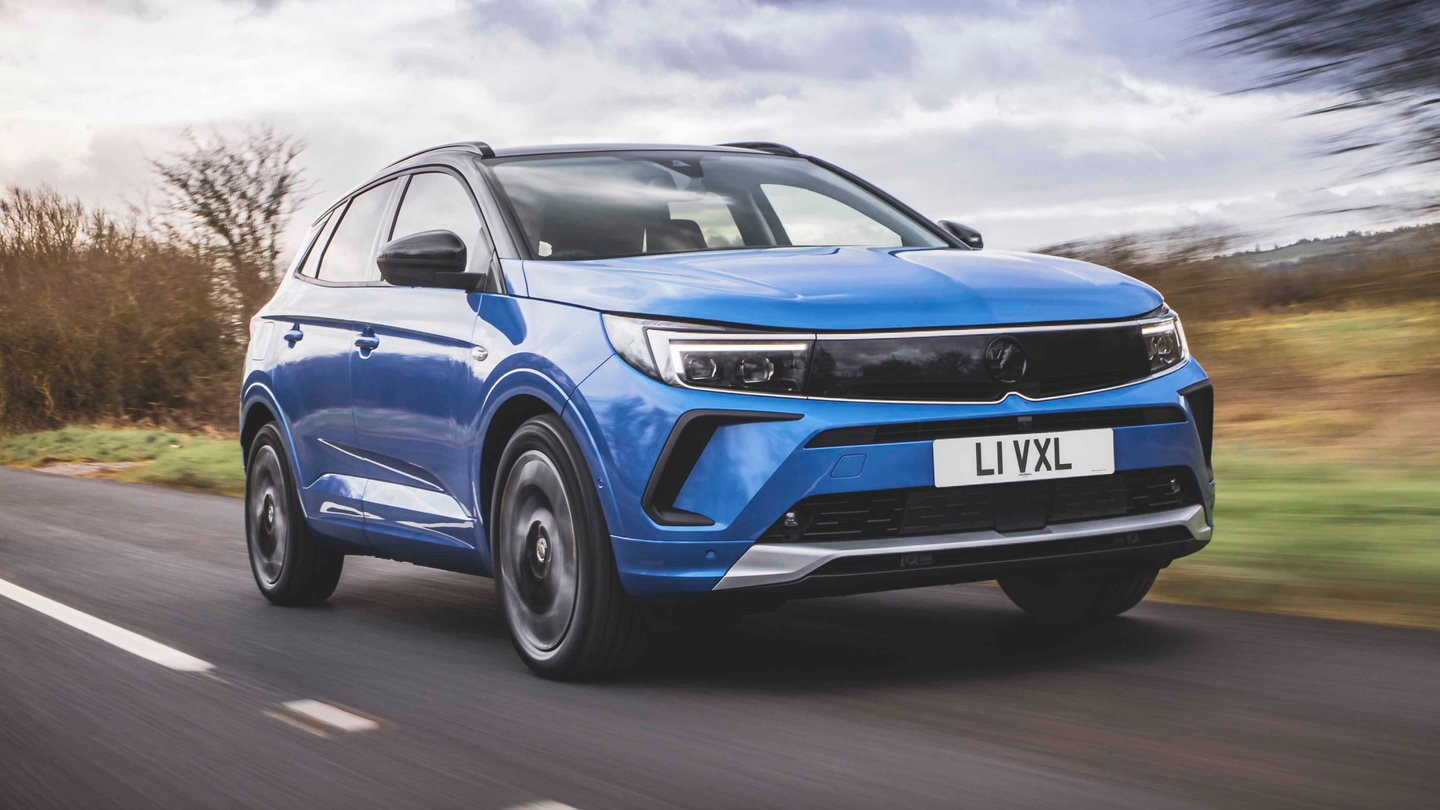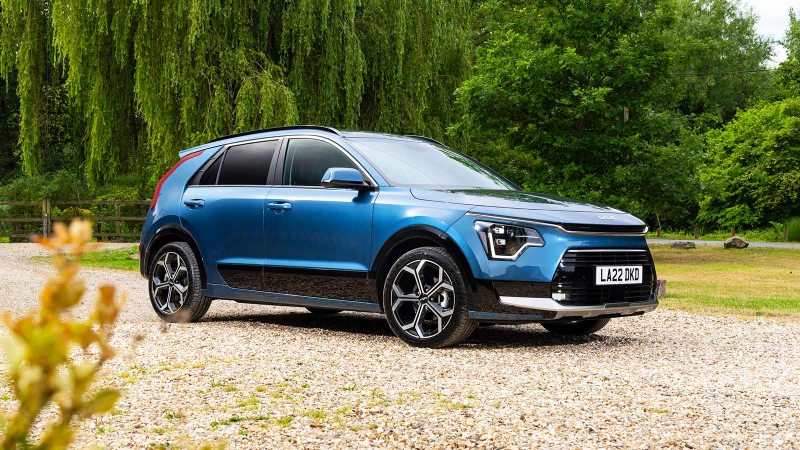
Peugeot 3008 engines, driving and performance
Gallery
How does the Peugeot 3008 drive?
While it’s not at all sporty, the Peugeot 3008 is comfortable and relaxing to drive. That tiny steering wheel may take a little while to get used to, but it means it’s very easy to turn quickly for three-point turns and parallel parking. Sure, it can feel a little too light when driving quickly on a twisty road, but who’s driving their family SUV as if you’re in a Grand Prix?
At motorway speeds, the 3008’s cabin lets in a little tyre roar, but nothing that’s going to have you reaching for earplugs. A SEAT Ateca feels better connected to the road and gives you more confidence when driving quickly, and the Citroen C5 Aircross is altogether comfier over bumps – but the 3008 compares to the Kia Sportage and VW Tiguan very well indeed.
Is the Peugeot 3008 comfortable?
The Peugeot 3008’s cabin and seats are very comfortable – we whiled away a seven-hour drive in one without any backache whatsoever. The suspension does tend to jarr you a bit over bumps and generally the low-speed comfort isn’t as good as in a Skoda Karoq. Once up to 50mph and above, though, things get ironed out reasonably well.
What’s the best Peugeot 3008 engine to get?
If you’re going to drive long distances and value fuel economy above all else, then the 1.5-litre diesel is the pick. It’s got enough low-down torque to get up to 70mph just fine, and we saw 51mpg over a few thousand miles of motorway driving. It sounds a little gruff, but it’s no worse than any other small diesel engine.
You might look at the sole 1.2-litre petrol choice and think it’s too small for an SUV like the 3008 – but the 130hp three-cylinder engine performs remarkably well, with enough turbocharged acceleration to get you up to speed. You won’t set any land-speed records in a 1.2 3008, but 40-45mpg will be within your grasp if you drive carefully.
If you want a PHEV, the 225hp option is best because it has a longer 30-40-mile electric range than the 180hp version with its smaller battery. The PHEVs are near-enough silent in electric operation, but the engine can kick in with a bit of a jerk when it does need to be woken. We’d avoid the dual-motor 300hp PHEV simply because it’s incredibly expensive and doesn’t really bring much to the party other than a 6.1-second 0-62mph time.
Peugeot 3008 performance
The regular combustion-powered 3008s are quick enough rather than fast. The 1.2 petrol will get from 0-62mph in 9.7 seconds, while the 1.5 diesel will do the same sprint in a leisurely 11.5. That said, we used a 1.5-litre diesel 3008 as family transport for four months and never wished for more performance.
The 136hp e-DSC6 ‘self-charging’ hybrid will take 10 seconds to get to 62mph from a standstill, while the 180hp PHEV will do it in 8.0 seconds. The 225hp PHEV is actually a touch slower – blame the weightier battery – at 8.9 seconds, while the 300hp PHEV will do it in 6.1 seconds.















































